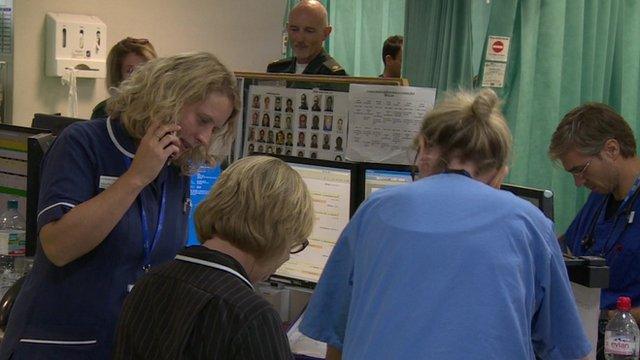Florence Nightingale wheelchair could return to London
- Published
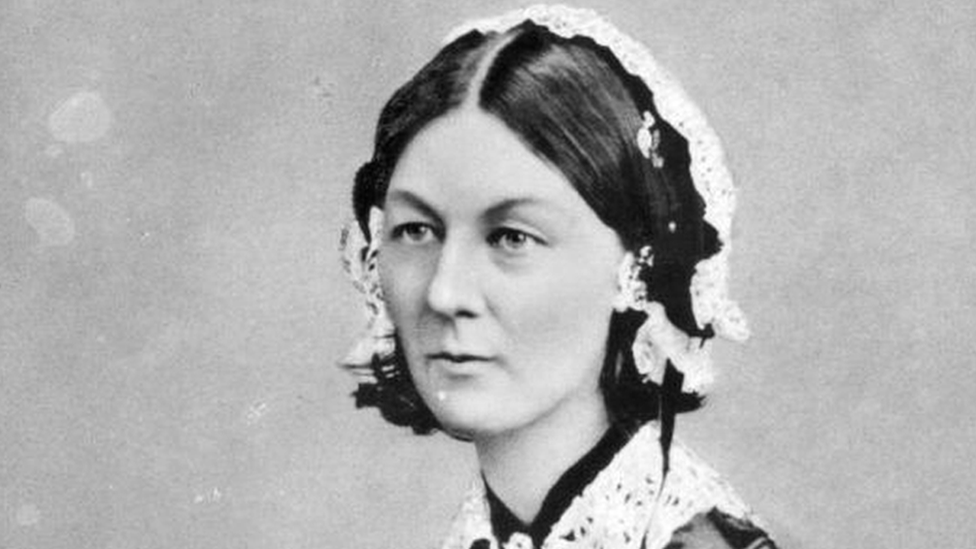
Although Florence Nightingale is mainly known for her achievements in nursing, she was also a statistician
The wheelchair Florence Nightingale used could soon be returning to London, if a campaign by the museum named after her is successful.
The "Lady with the Lamp" used the wheelchair while living in Mayfair, after returning home from the Crimean War.
It is currently owned by Johns Hopkins University in the USA.
The Florence Nightingale Museum at St Thomas' Hospital hopes to raise £12,000, external to fund its transportation to the UK.
Made from mahogany and iron, the customised chair was used by the nursing reformer to move around her home after she fell ill while in the Crimea.
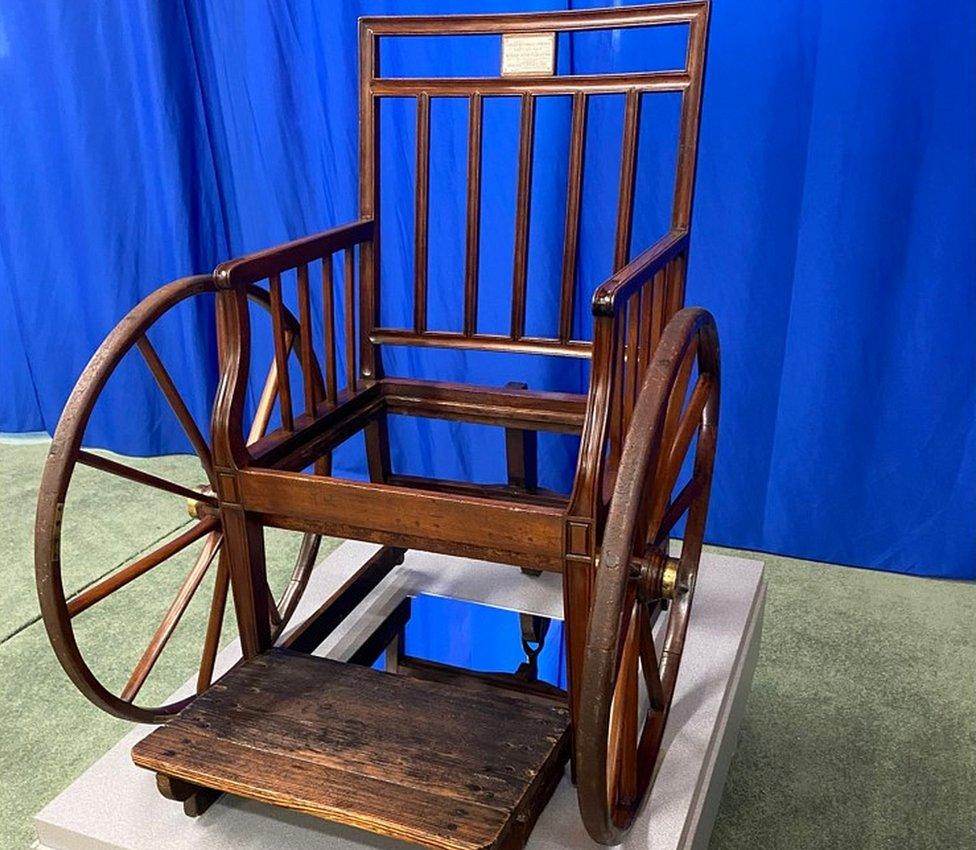
The medical reformer used the wheelchair after an illness left her bedridden
After contracting "Crimean fever" in 1855, Nightingale was often bedridden with chronic fatigue and took years to recover.
It was during this time that she founded the world's first secular nursing school in London, as well as writing the care guide Notes on Nursing. Nightingale died in 1910 at the age of 90.
Her wheelchair was bought in 1921 by Dr Howard Kelly, chairman of gynaecology at Johns Hopkins.
The Baltimore university recently restored the chair and is willing to donate it to the Florence Nightingale Museum.
The central London museum has started an appeal to raise the funds needed to transport the wheelchair safely and install it in its upcoming exhibition, From Scutari Hospital to NHS Nightingale.
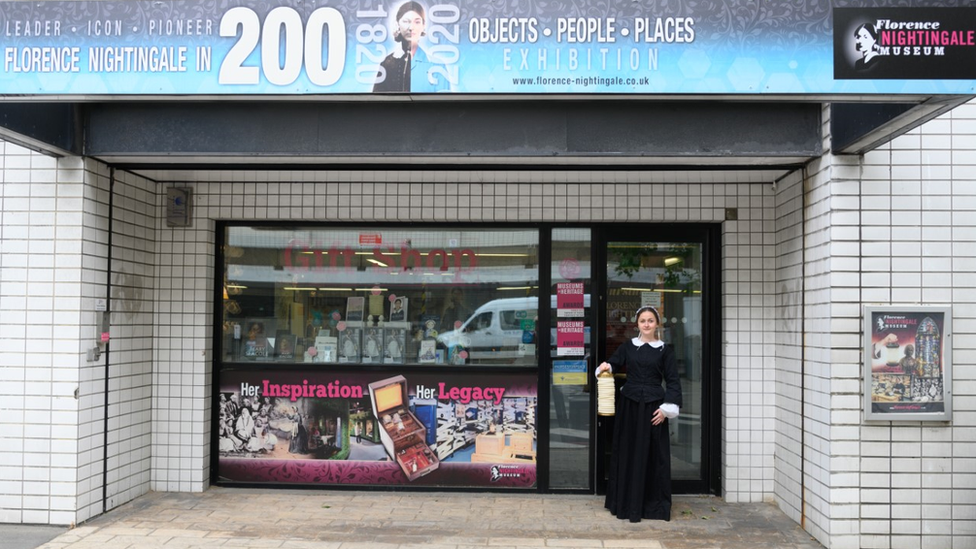
The museum says it is time to "pull together and bring this piece of history home to the UK"
David Green, director of the Florence Nightingale Museum, said the opportunity to bring the "iconic" wheelchair to London "must not be missed".
"The wheelchair, which Nightingale must have relied upon so much, has been overseas for over a century.
"It's now time for us to pull together and bring this piece of history home to the UK, where it can play its part in inspiring others, giving further representation and recognition of those with disabilities within our collections and storytelling."
Florence Nightingale
She became known as the Lady with the Lamp during the Crimean War, after the Times newspaper reported about her walking through the wards at night, checking on the wounded soldiers at the Scutari Hospital
She set up reading rooms, a non-alcoholic cafe and a banking system at the hospital base
Although she is mainly known for her achievements in the field of nursing, she was also a statistician who is credited with creating one of the first versions of the pie chart
She established the Nightingale Training School at St Thomas' Hospital in 1860, the first facility of its kind, which sent nurses across Britain to introduce her ideas
In 1907, she became the first woman to be awarded with the Order of Merit, for her services to nursing
Follow BBC London on Facebook, external, Twitter, external and Instagram, external. Send your story ideas to hellobbclondon@bbc.co.uk
- Published10 May 2024
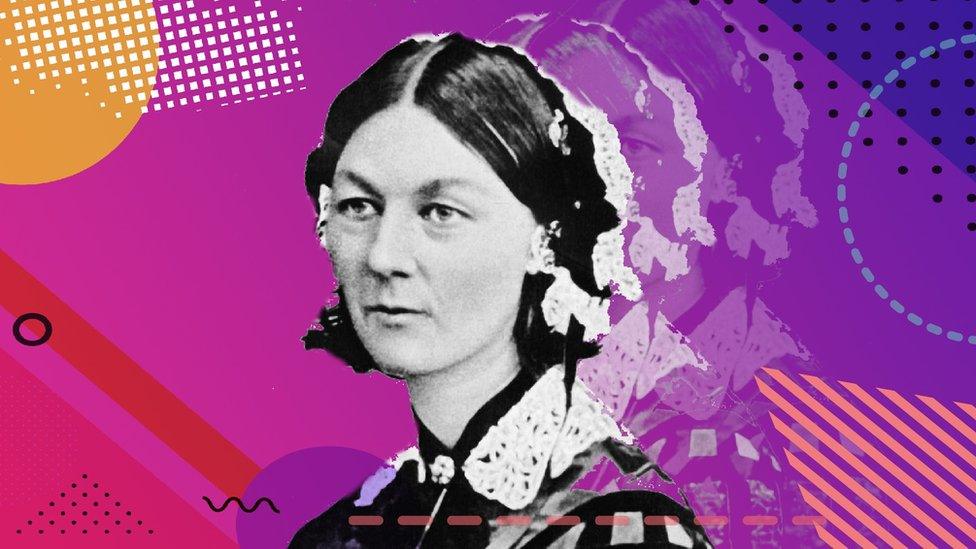
- Published30 June 2016
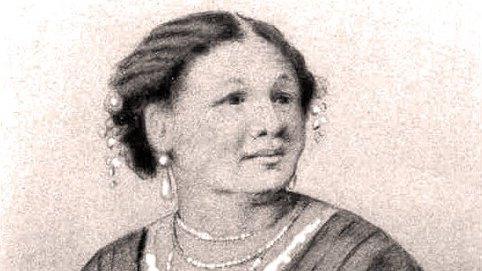
- Published11 December 2014
